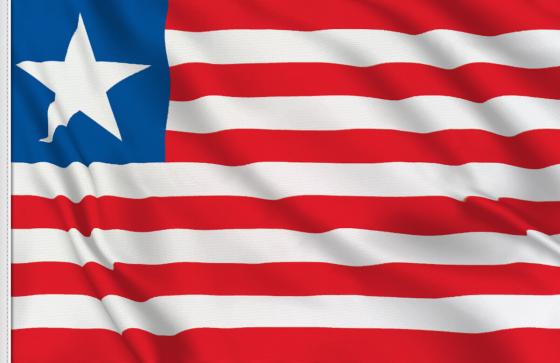Let July 26, 2021 Independence Day Celebrations Be a Day of Deep Reflection and Introspection

174th Independence Anniversary of the Liberian Nation
Monday July 26, 2021 marked the 174th anniversary of this nation’s declaration of independence in 1847. After more than a century of existence as an independent nation we need to pause and ask ourselves just what we achieved over the years and how we can extricate ourselves from the scourge of corruption, mass poverty and underdevelopment.
Today our national institutions appear to be in a virtual state of decay. Our educational system is imperiled with falling standards of education while our health system is hovering on the brink of collapse. The 2014 Ebola epidemic laid bare the inadequacies of our health system and the outbreak of COVID 19 Pandemic has made matters even worse.
Additionally, our justice system is plagued and ridden with corruption while access to justice for most Liberians is but a pipe dream. The nation’s Judiciary reeks of corruption just as the national Legislature, where bribery is said to be institutionalized. And equally corruption ridden is the Executive branch of government.
And so on this independence anniversary, the call is out to all Liberians to deeply reflect on our current situation. We owe a debt of gratitude to the founding fathers of this nation which bequeathed to us a land richly endowed with abundant natural resources and a resourceful and resilient people.
At a time when the scramble for Africa was on, following the 1888 Berlin Conference which partitioned Africa during the very early stage of our nationhood, the founding fathers fought and did all in their power to prevent the colonization of Liberia by European powers.
Quite clearly, many mistakes were made along the way. We should never lose sight of the fact that state formation and nation building is an extremely challenging process involving conflicts, negotiations, compromises and a whole range of related factors.
The failure of successive post-independence national leaderships over the years to pursue policies of national integration based on inclusion in national governance culminated in the outbreak of civil war in 1990.
As events showed, the conflict was neither ideologically nor religiously driven. Indeed, it was a struggle for power which led to the deaths of over 200,000 people, the internal displacement of over a million people, the driving into exile of over 500,000 people and the massive destruction of millions of dollars of public infrastructure and private property.
What was hoped would have been a new beginning and a period of renewal, of enlightened transparent inclusive and accountable national governance in the postwar period, has instead turned out to be a mirage despite the attraction of US$16 billion in foreign direct investment and the sequestering of large tracts of traditional lands to foreign concessionaires.
Inequality, especially income inequality is rising by the day alongside the emergence of a new elite whose ethos is based on the get-rich-quick mentality. Increasing numbers of people and families are falling into poverty while the economy remains in a nose dive with no imminent signs of recovery.
From all appearances, it seems no lessons have been learnt from the experience of 14 years of brutal civil conflict. A Truth and Reconciliation Commission (TRC), a transitional justice mechanism set up in 2005, following the end of the civil war in 2003 to probe into the root causes of the conflict and make recommendations for accountability including institutional reform, has since completed its task eleven (11) years ago.
Implementation of its recommendations have since been stalled, owing to the lack of political will. Many of those who committed atrocities and gross abuse of human rights today parade the corridors of power with arrogance, owing to the culture of impunity which appears to have taken root.
The sufferings of victims and their cry for justice have been conveniently ignored even in the face of rising public calls for justice and accountability. Solemn pledges made by this current government under the leadership of President George Weah to ensure accountability have not been actualized with just little over a year left to the end of his tenure.
In the context of the anniversary celebrations, we must warn our national leadership of the dangers in courting the wrath of a people with pent up emotions longing for and seeking justice, including economic justice. The ostentatious display of wealth and displayed greed of government officials, including members of the legislature and the judiciary, must come to an end.
Liberia at 174 stands poised at the brink of economic disaster with grave implications for continued and sustained peace and national stability. It accordingly behooves each and everyone of us to do all within our means to avert impending disaster and a relapse into conflict.
This is the reason why July 26, 2021 independence should be a day of reflection and introspection.
Happy Independence to all!

